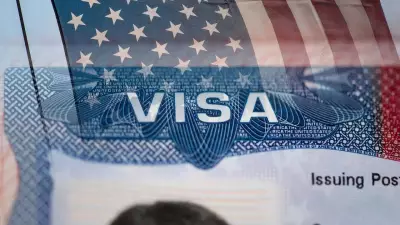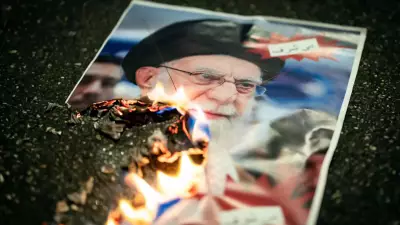
US Senator JD Vance, a prominent Republican figure and potential Trump running mate, has ignited a political firestorm after revealing his hopes that his Hindu-born wife Usha would convert to Christianity. The comments have drawn sharp criticism from various communities and political observers.
The Controversial Revelation
During a recent interview, Vance openly discussed his religious aspirations for his wife, stating he "honestly does wish" for her conversion from Hinduism to Christianity. Usha Chilukuri Vance, a successful litigator and Yale Law School graduate, was raised in a Hindu family but has maintained her cultural heritage throughout their marriage.
Immediate Backlash and Criticism
The senator's remarks triggered immediate condemnation across social media and political circles. Many critics accused Vance of religious intolerance and disrespect toward his wife's faith traditions. The timing is particularly sensitive given Vance's rising profile in national politics and speculation about his potential role in a future Trump administration.
Who Are the Vances?
JD Vance rose to prominence with his memoir "Hillbilly Elegy" and has become a significant voice in conservative politics. His marriage to Usha Chilukuri Vance represents a modern American story—an interfaith union between a Christian conservative and a woman of Hindu background who clerked for Supreme Court Chief Justice John Roberts.
Broader Implications
The controversy raises important questions about:
- Religious tolerance in political leadership
- The challenges of interfaith relationships
- Cultural sensitivity in public discourse
- The intersection of personal faith and political ambition
As the story continues to develop, it highlights the complex dynamics of religion, marriage, and public life in contemporary America. The response from both Vance supporters and critics will likely shape the ongoing conversation about religious diversity in political families.





